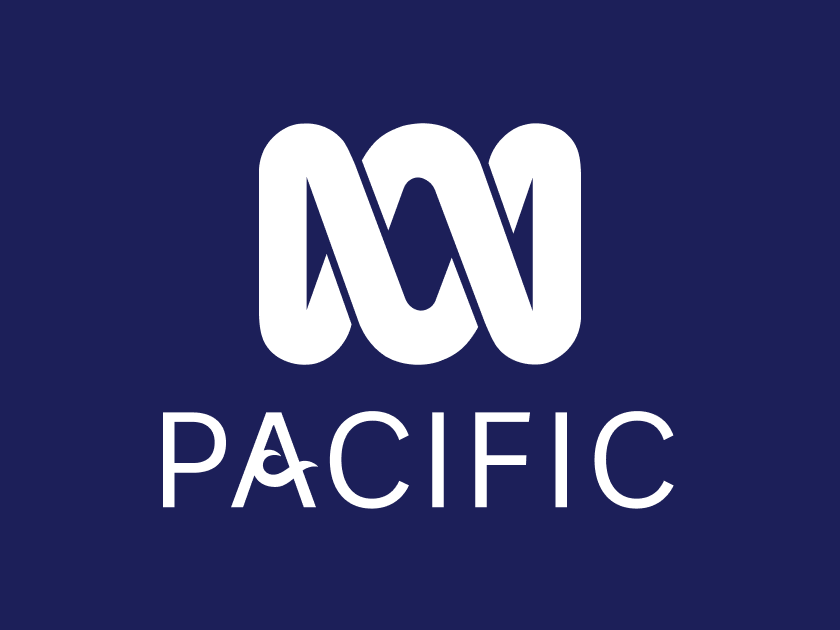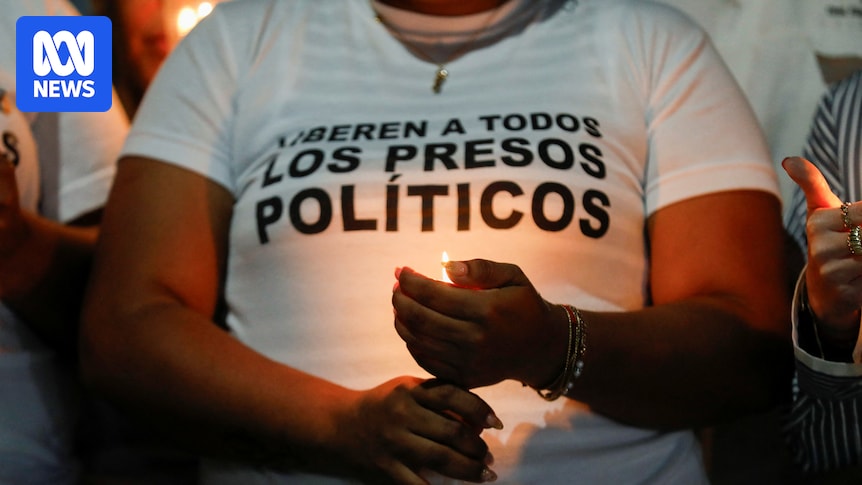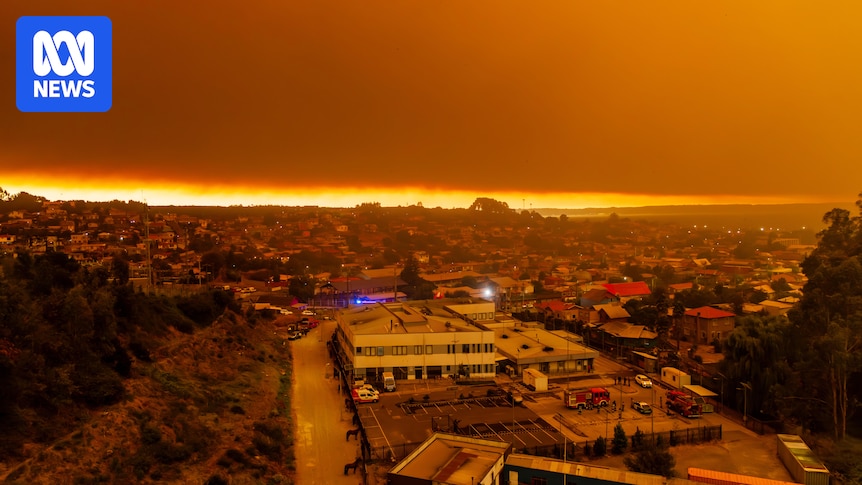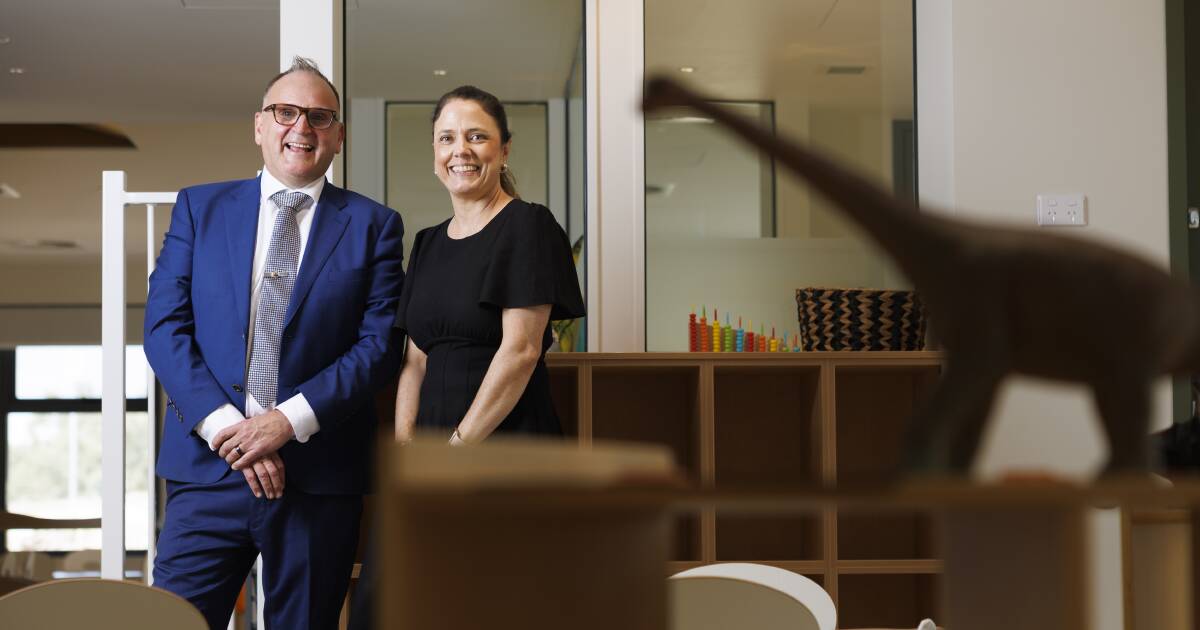
Samoa is on high alert following a rise in measles cases in New Zealand, prompting local health authorities to issue urgent calls for increased vaccination rates. The warning comes as the Pacific island nation braces for potential outbreaks, with officials emphasizing the importance of immunization to protect vulnerable populations.
In recent weeks, New Zealand has reported a surge in measles cases, sparking fears of cross-border transmission. Samoa’s health officials are particularly concerned about low vaccination rates in certain regions, which could exacerbate the situation. “We are urging parents to ensure their children are vaccinated,” stated a spokesperson from Samoa’s Ministry of Health. “Immunization is the most effective way to prevent the spread of measles.”
Historical Context and Health Implications
The alert in Samoa is reminiscent of the 2019 measles outbreak that devastated the island nation, resulting in over 80 deaths, primarily among young children. That crisis highlighted significant gaps in vaccination coverage and led to a nationwide immunization campaign. However, recent reports suggest that complacency may have set in, with some areas still exhibiting low vaccination rates.
Measles, a highly contagious viral disease, can lead to severe complications, particularly in children under five and those with weakened immune systems. According to the World Health Organization, measles remains one of the leading causes of death among young children globally, despite the availability of a safe and effective vaccine.
Broader Regional Concerns
Meanwhile, the Pacific region is facing additional challenges as it navigates health and social issues. In Tonga, the political landscape is heating up with over 70 candidates campaigning for parliamentary seats in the upcoming election. This political activity is occurring alongside public health efforts, highlighting the multifaceted challenges Pacific nations face.
In Australia, a new social media regulation is set to take effect in December, banning users under 16 from accessing certain platforms. This move has sparked concern among Pacific teens, who fear it may limit their ability to connect with peers and access information. The regulation aims to protect young users from online harm, but its implications are being closely watched by neighboring countries.
Sports and Education Developments
On a more positive note, the Pacific region is celebrating a milestone in sports. The Women’s Rugby League World Cup, scheduled for 2026, will feature three Pacific island nations for the first time. This achievement follows a successful qualification campaign by the Bulikula, underscoring the growing prominence of women’s sports in the region.
In education, the relationship between Serbia and Vanuatu is strengthening, as evidenced by three ni-Vanuatu students receiving scholarships to study in Serbia. This initiative is part of a broader effort to enhance educational opportunities and cultural exchanges between the two countries.
Looking Ahead
As Samoa and its Pacific neighbors navigate these diverse challenges, the focus remains on safeguarding public health and fostering regional cooperation. The lessons learned from past outbreaks underscore the critical need for vigilance and proactive measures in preventing future health crises.
The situation in Samoa serves as a reminder of the interconnectedness of global health issues and the importance of maintaining high vaccination rates to protect communities. As the world continues to grapple with the COVID-19 pandemic, the resurgence of other infectious diseases like measles highlights the ongoing need for comprehensive public health strategies.
For Samoa, the path forward involves not only addressing immediate health concerns but also strengthening systems to ensure resilience against future threats. The coming weeks will be crucial as health authorities work to boost vaccination coverage and safeguard the nation’s health.





